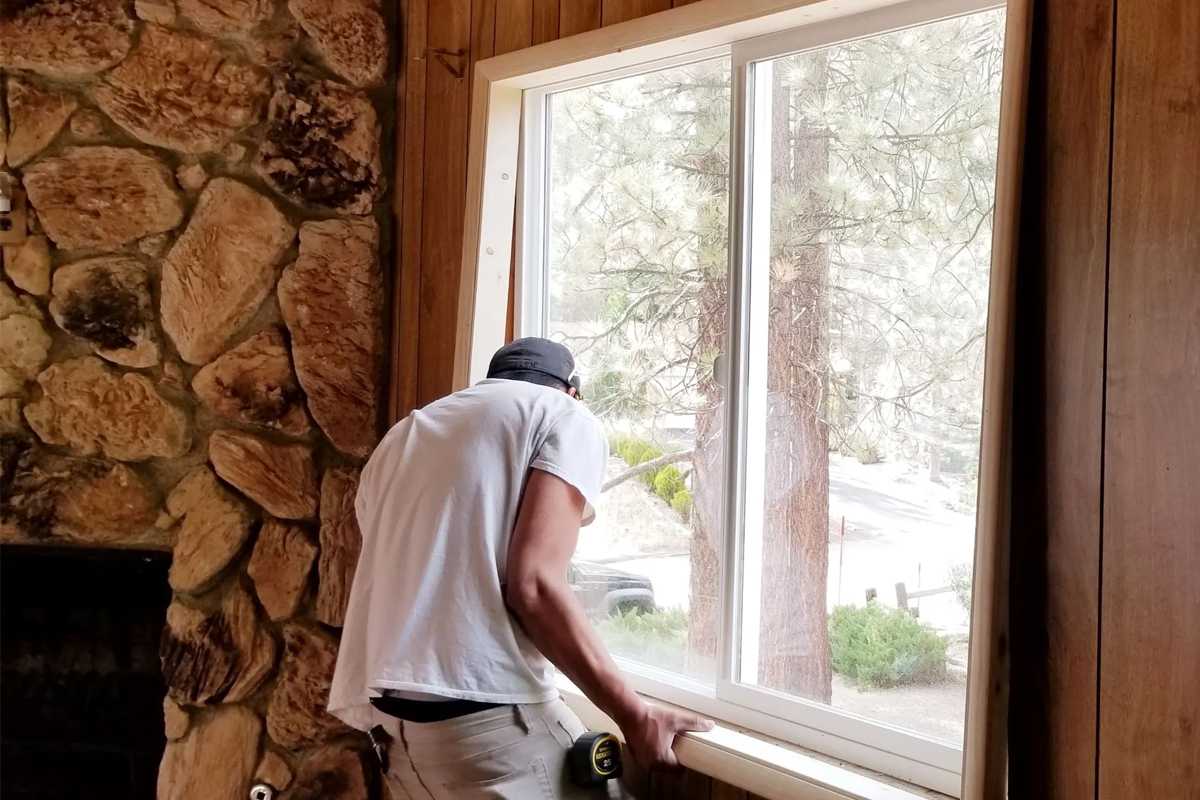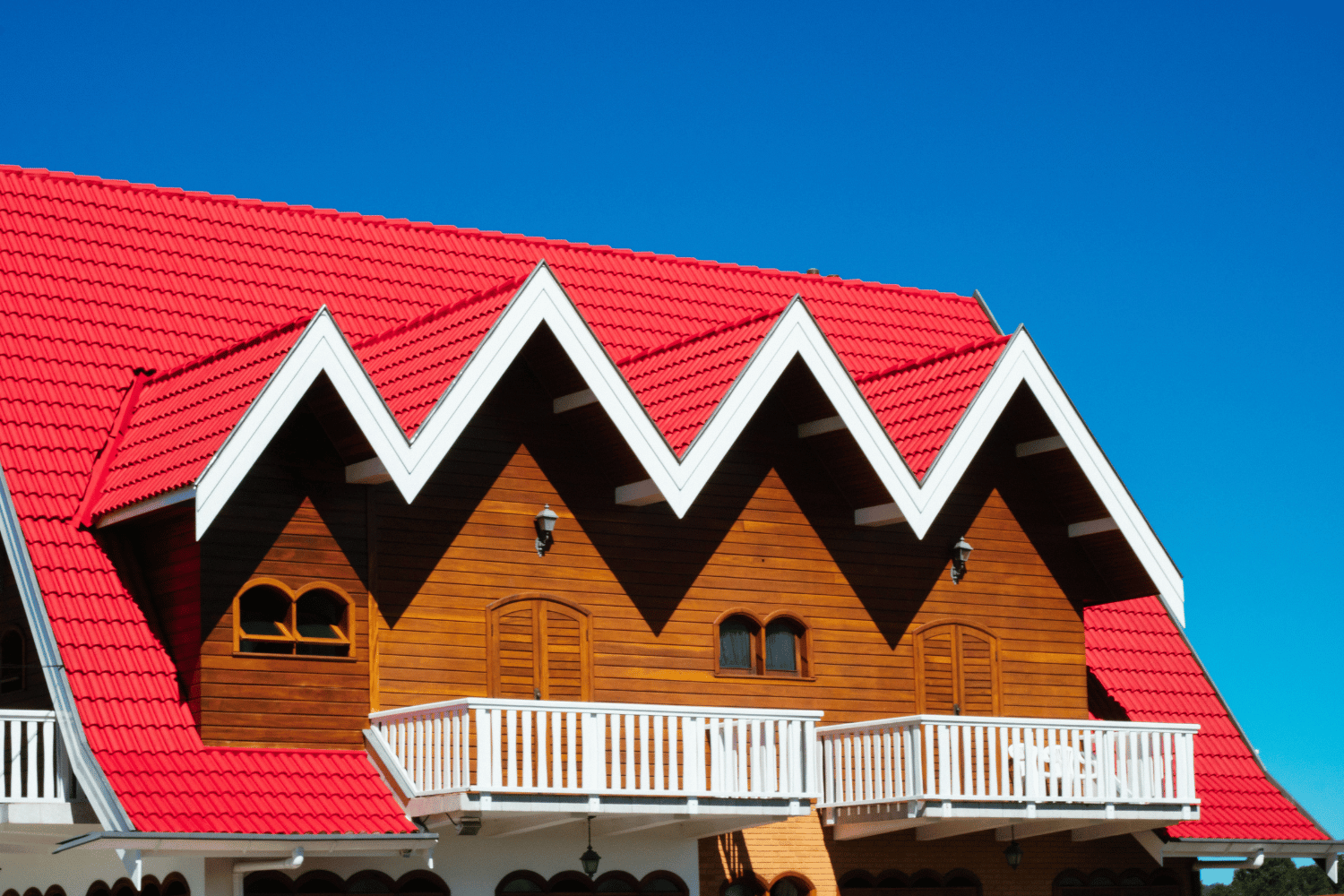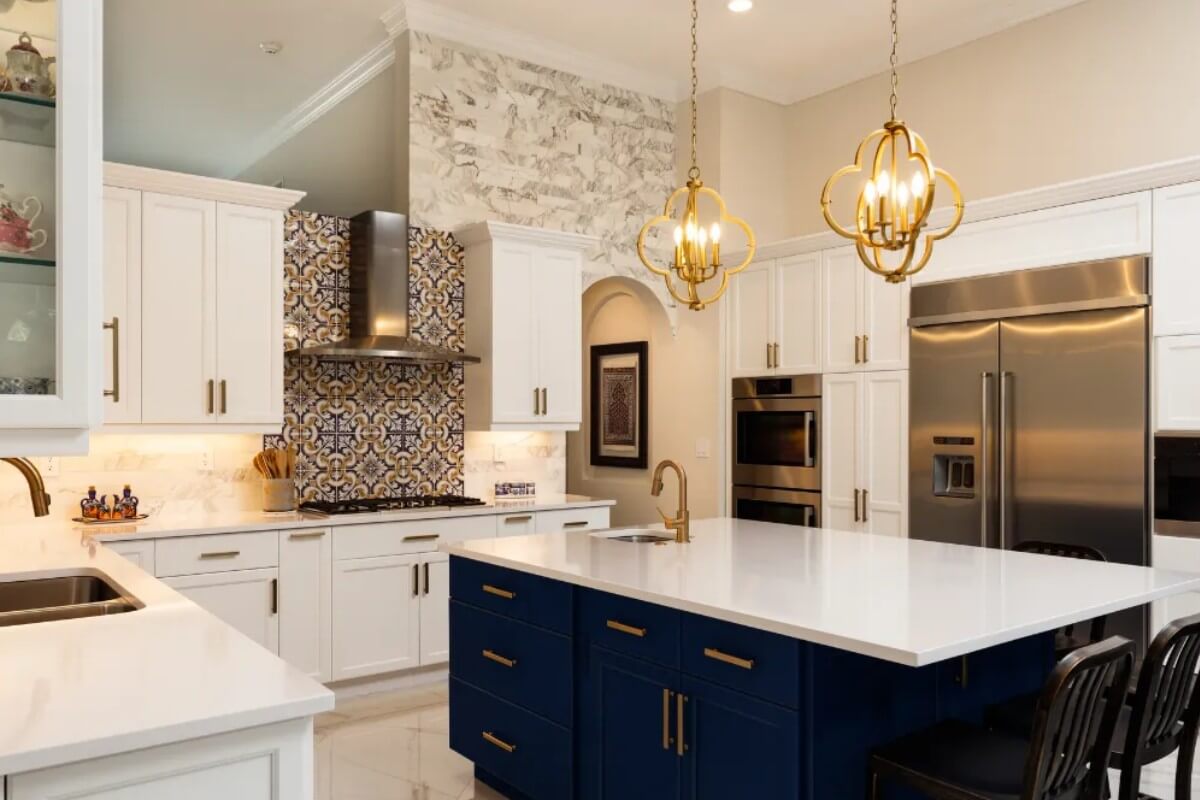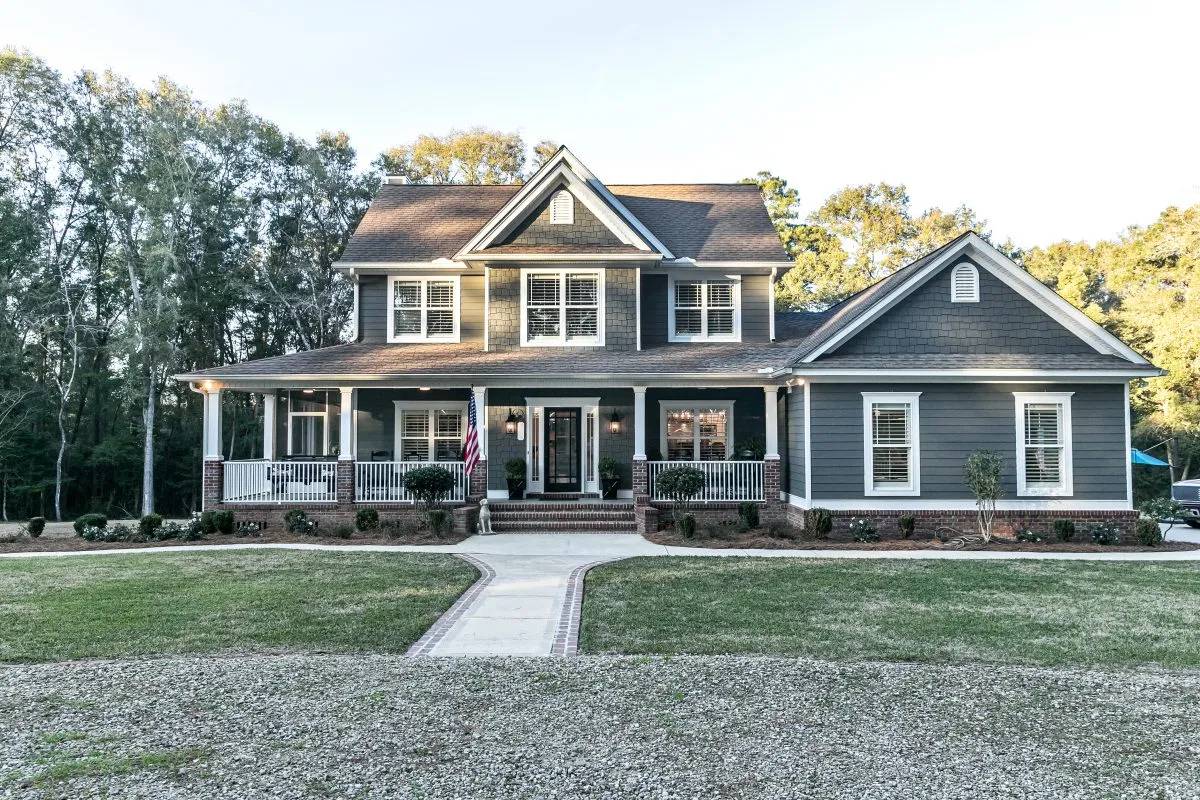Most homeowners understand the value of great windows. After all, windows are the entryways to the soul of your home. It’s also essential for making a great first impression. According to the experts, it only takes 30 seconds for a buyer to make a judgment about a potential home.
As important as the window frames are, choosing the best window glass is also essential. In this guide, we’re going to discuss window glass types and how to choose the right glass for your home.
Types of Window Glass
The Top 6 Window Glass Options: Which is Right for You?
Glass for a window contains more elements than glass alone. Most types of window glass come with extra design features and visual effects that can boost your curb appeal. According to Michigan State University, curb appeal can increase your home’s value by up to 11%.
Taking care of your design choices can pay dividends later, so here are some different glass options.
Float Glass
If you’re exploring glass for house windows, float glass is a popular option. Float glass is the same as regular glass, made from molten glass. The molten glass is poured into a mold to make large glass panels.
While it is one of the most favored home window glass types, it typically isn’t used in high-rise buildings due to high wind loads and how fragile it is. Otherwise, this type of glass is highly versatile and can give your home a more attractive look.
Laminated Glass
The most common use for laminated glass is in car windscreens, but they are also used in homes where the windows must be shatterproof. Laminated glass is strong enough to retain its structural integrity even when smashed. It comprises two pieces of float glass with PVB resin in the middle for added strength.
Laminated glass works best for homes in hurricane-vulnerable areas.
Obscured Glass
Obscured glass is impossible to see through. A standard obscured window glass panel will use etching, frosting, or beveling to allow light to pass through without anyone being able to see inside or outside.
You’ll find obscured glass in bathrooms and exterior doors to retain privacy. An alternative to obscured glass is tinted glass if you still want somewhat of a view.
Tempered Glass
Tempered glass makes glass even stronger through an extra manufacturing stage that hardens ordinary glass into what’s known as safety glass. These windows are too strong to cut and are challenging to smash through brute force alone.
The advantage of tempered glass is when it breaks, the pieces are smaller and blunted to make them less dangerous. It is commonly found in apartment block windows, which may be low, large, or close to high-traffic areas.
Tempered glass is becoming more common in residential and commercial buildings, with many building codes stipulating this glass must be used in certain places. However, there are no real downsides to using safety glass if it’s an option.

Insulated Glass
Insulated glass is most commonly found within double and triple-pane window setups. Space bars separate each pane of glass. The space itself is used to add krypton or argon gas, adding an extra layer of insulation between the panes.
The downside is if a single pane breaks, some of the gas will be lost, which will curtail much of its insulative qualities.
Low-E Glass
Today, 77% of Americans want to live more sustainable lifestyles, which also applies to their homes. Consider low-E glass to decrease your energy bills and reduce your carbon footprint.
Low-E glass stands for low emissivity glass and is designed to block certain light waves, including UV rays. This is the best glass for windows if you’re determined to keep warm air inside during the winter. It also prevents UV rays from destroying your furniture through fading.
While coatings are available for existing windows, the low-E coating doesn’t perform as well as genuine low-E windows. If you can afford it, low-E windows can work in any room, but south or west-facing windows that receive a lot of sunlight benefit the most.
How to Choose the Right Glass for Your Windows
The right window glass for your home depends on a range of factors. We understand how difficult choosing between window glass is. Work with the Bordner Home Improvement team to choose the perfect glass and window frames. Our team can also install your windows hassle-free.
So, what are the most vital aspects of selecting glass for a home window?
- Priorities – What matters most to you about your windows? For some, energy efficiency is their priority; for others, it’s security. Lay out your priorities and rank them in order.
- Style – Your window glass needs to suit the architectural style of your home, just like the window frames. For example, you may like the look of beveled glass, but if it doesn’t match your home’s style, it will not work.
- Budget – Your budget always matters. Define your budget to create a shortlist of window options.
The best way of finding the right glass for your windows is to get in touch with Bordner. Our team will discuss your needs and walk you through the steps to determine the right glass styles.
Choose the Best Window Options with Bordner
Window glass is one aspect of home improvement that often gets overlooked. While most people believe that glass is glass, your choice will impact how much comfort, security, and peace of mind you have in your home.
If you’re looking for window replacement in Kansas City, trust the team at Bordner Home Improvement. Even if you’re unfamiliar with glass, we can help. We’ll review each glass type’s advantages and make tailored recommendations based on those findings.
To learn more about upgrading your windows, schedule your free consultation with Bordner Home Improvement today! The best way of finding the right glass for your windows is to get in touch with Bordner. Our team will discuss your needs and walk you through the steps to determine the right glass styles.






